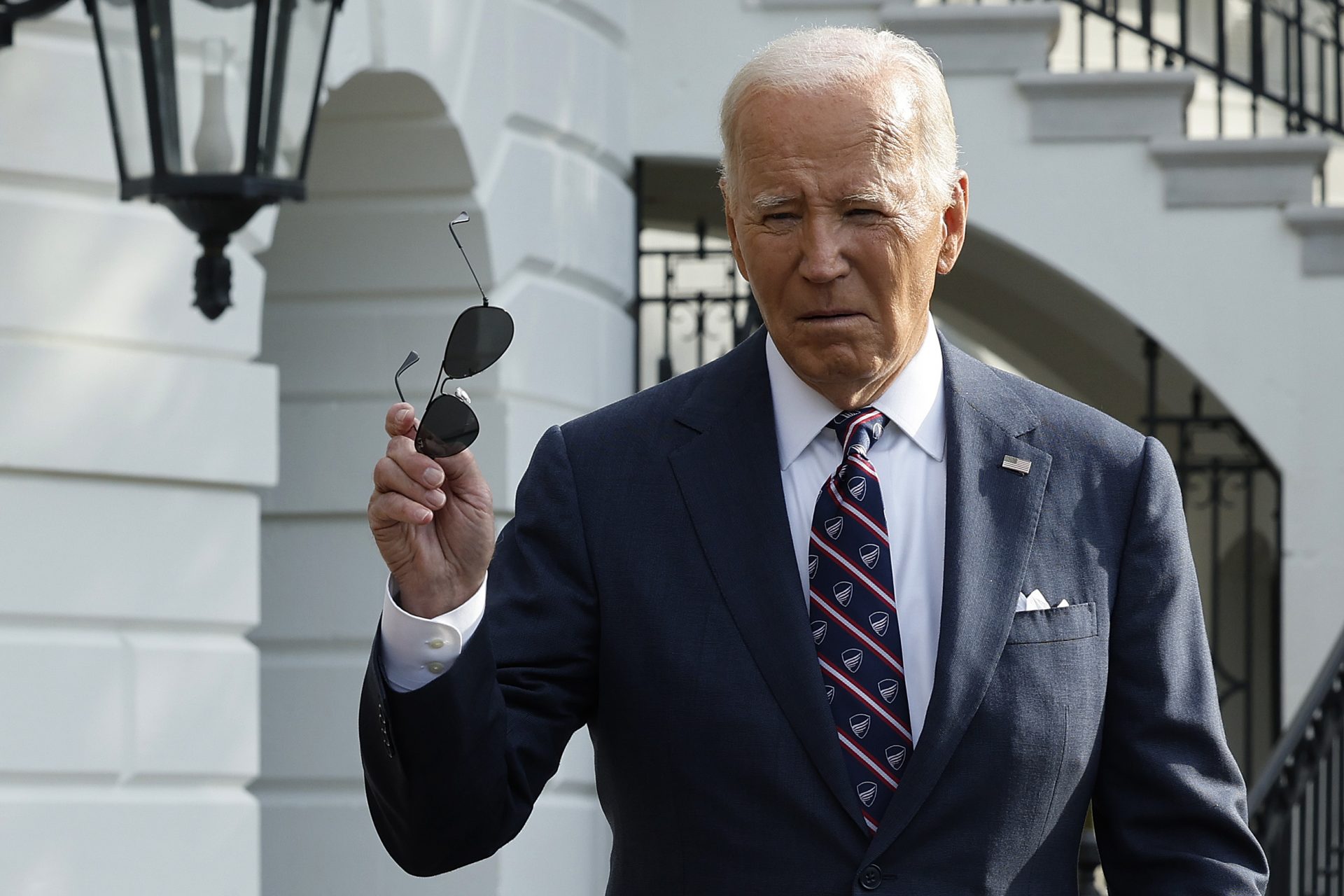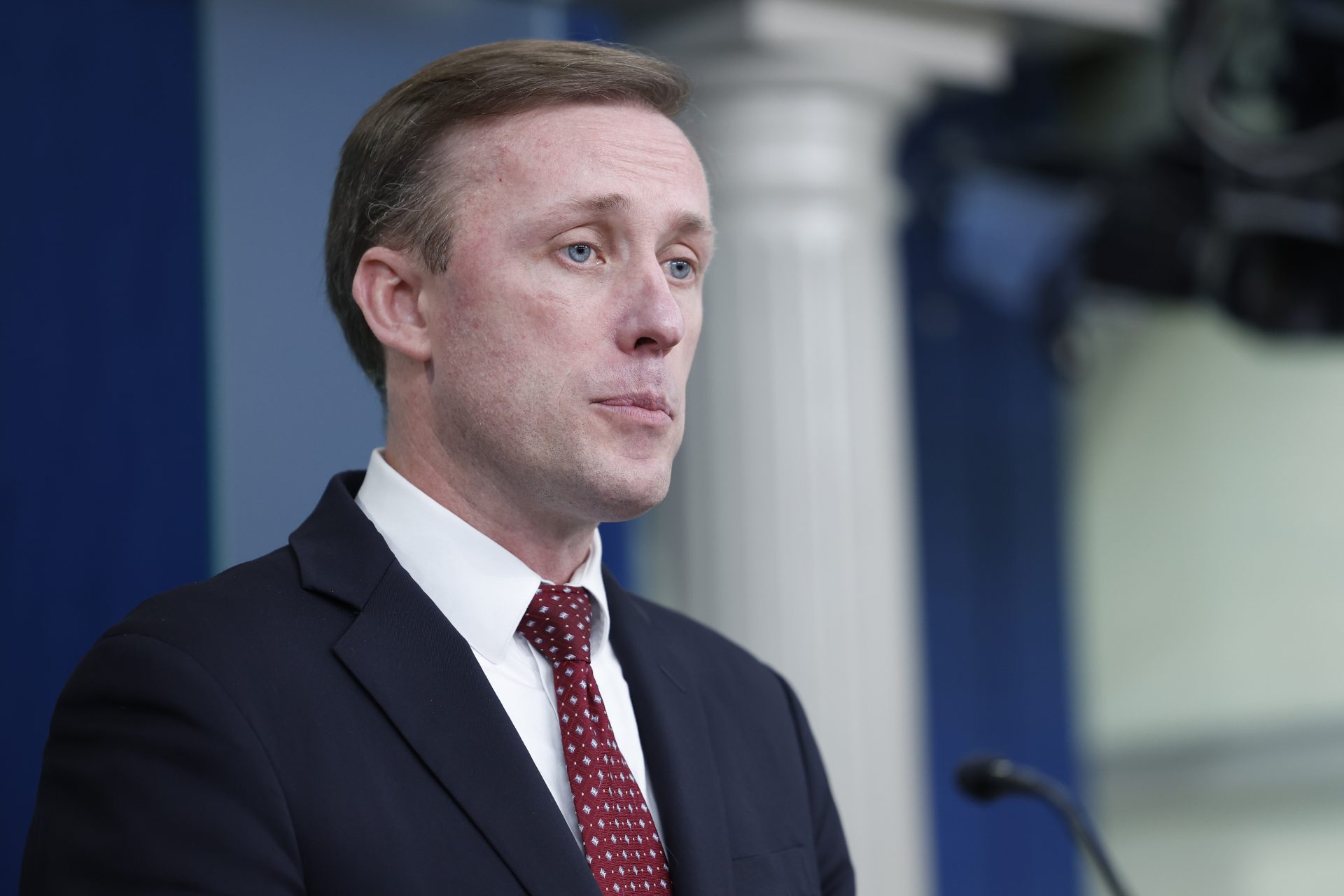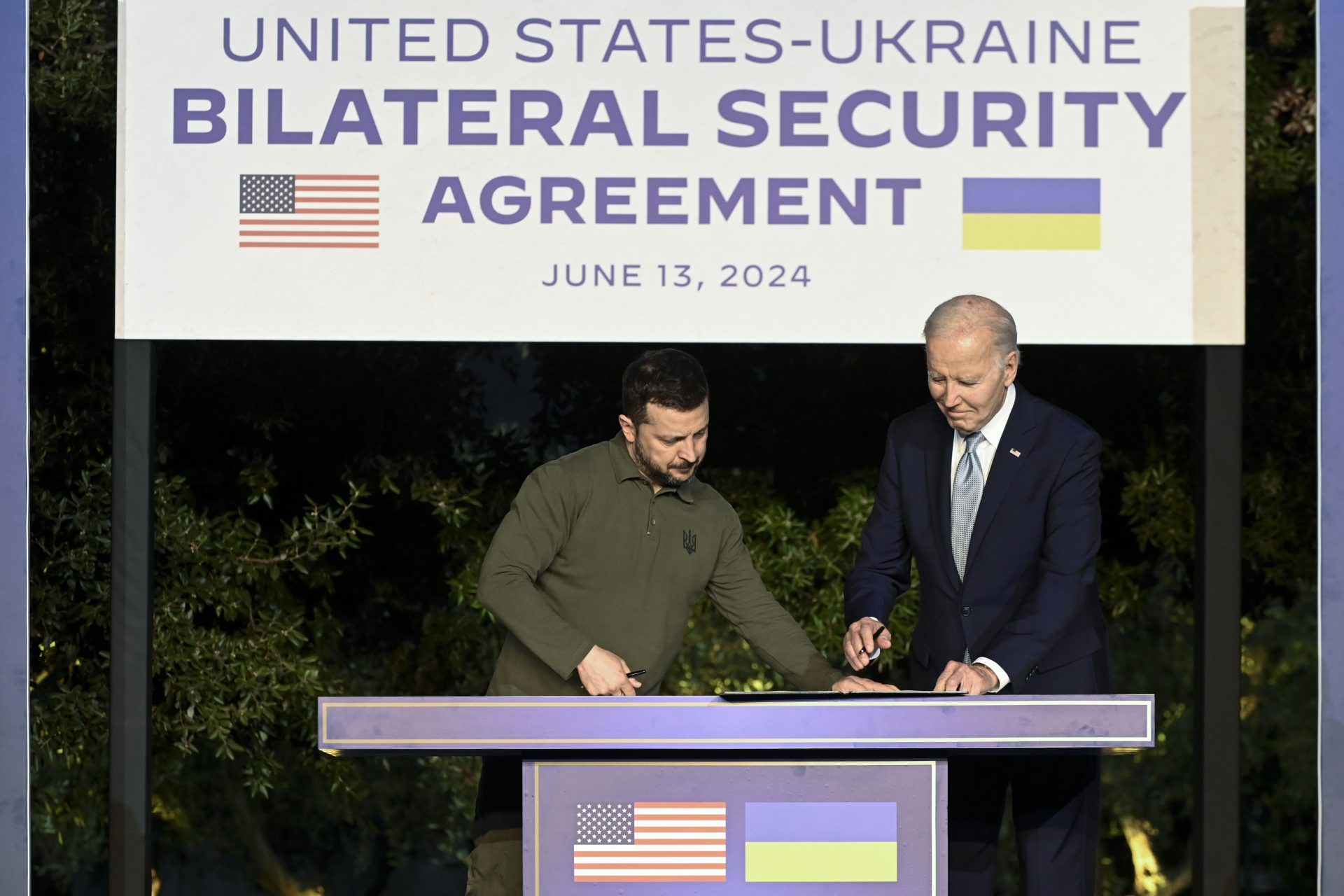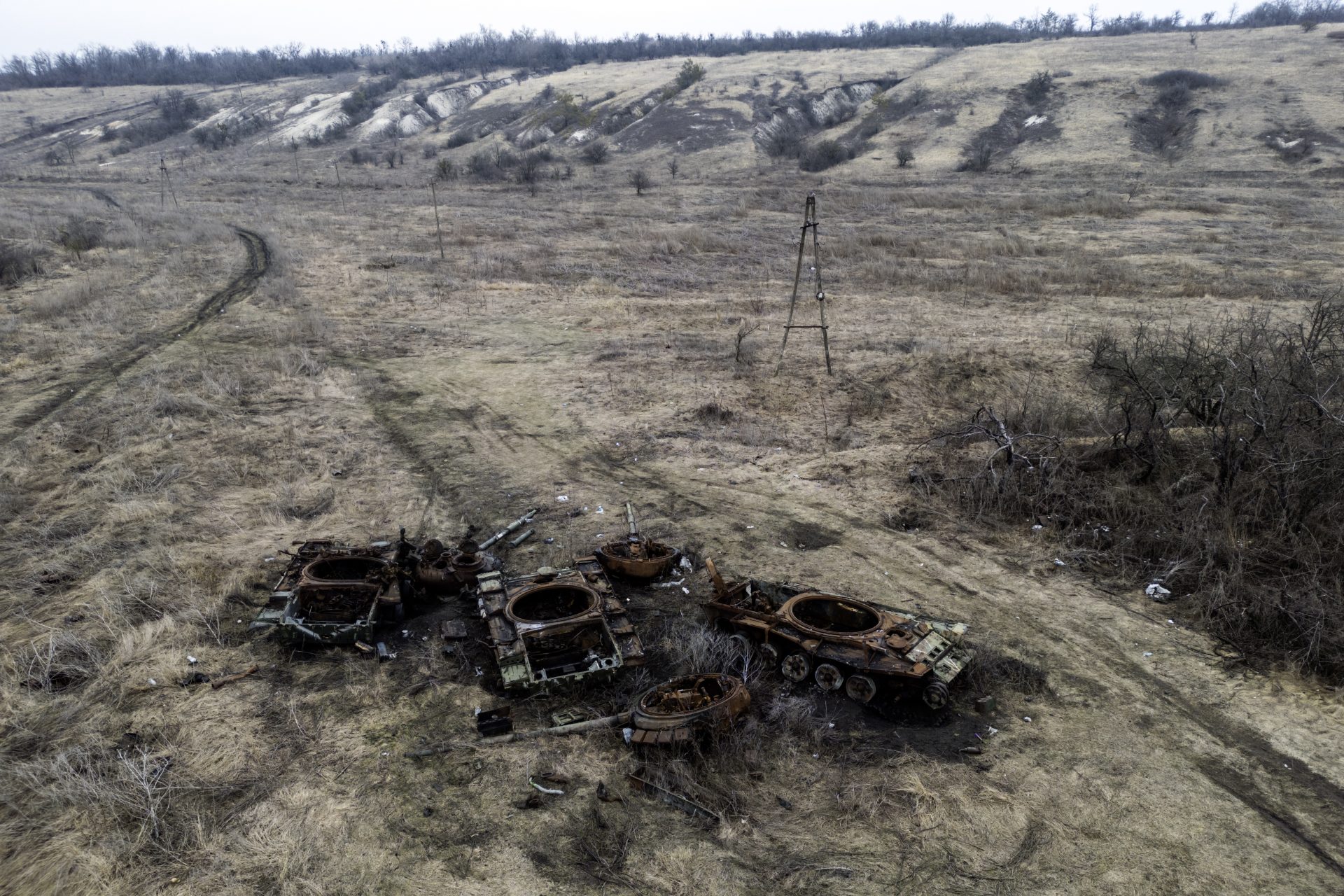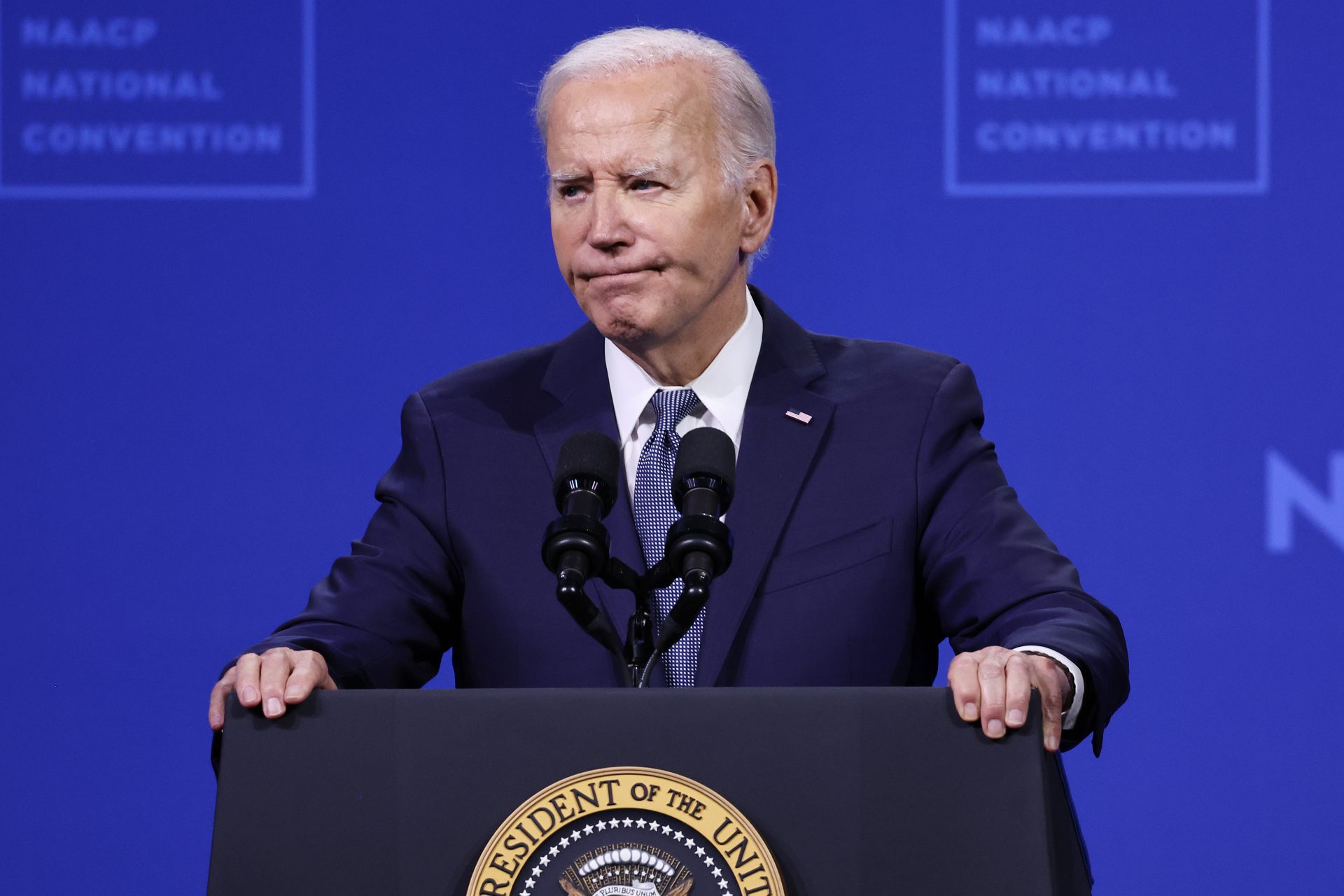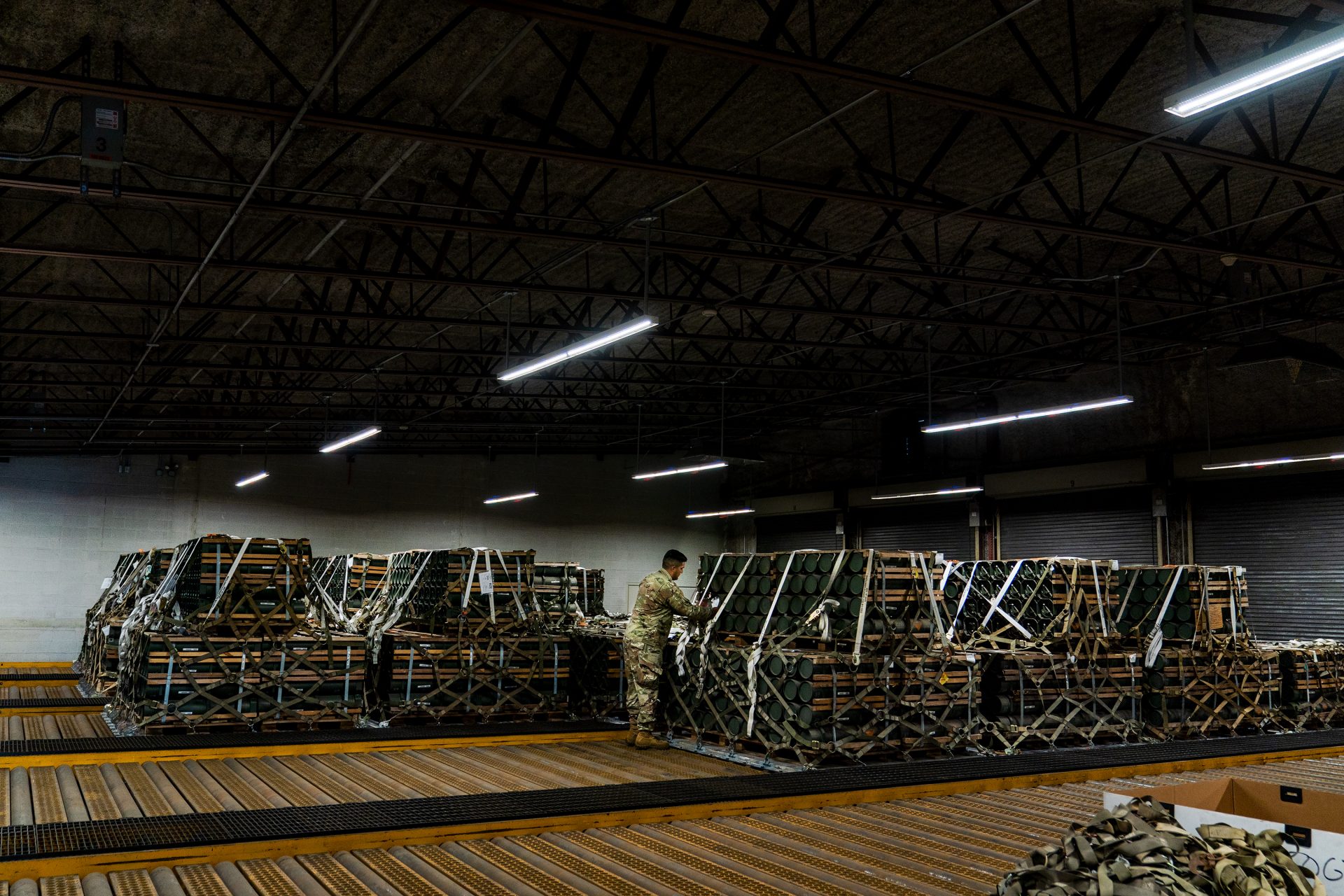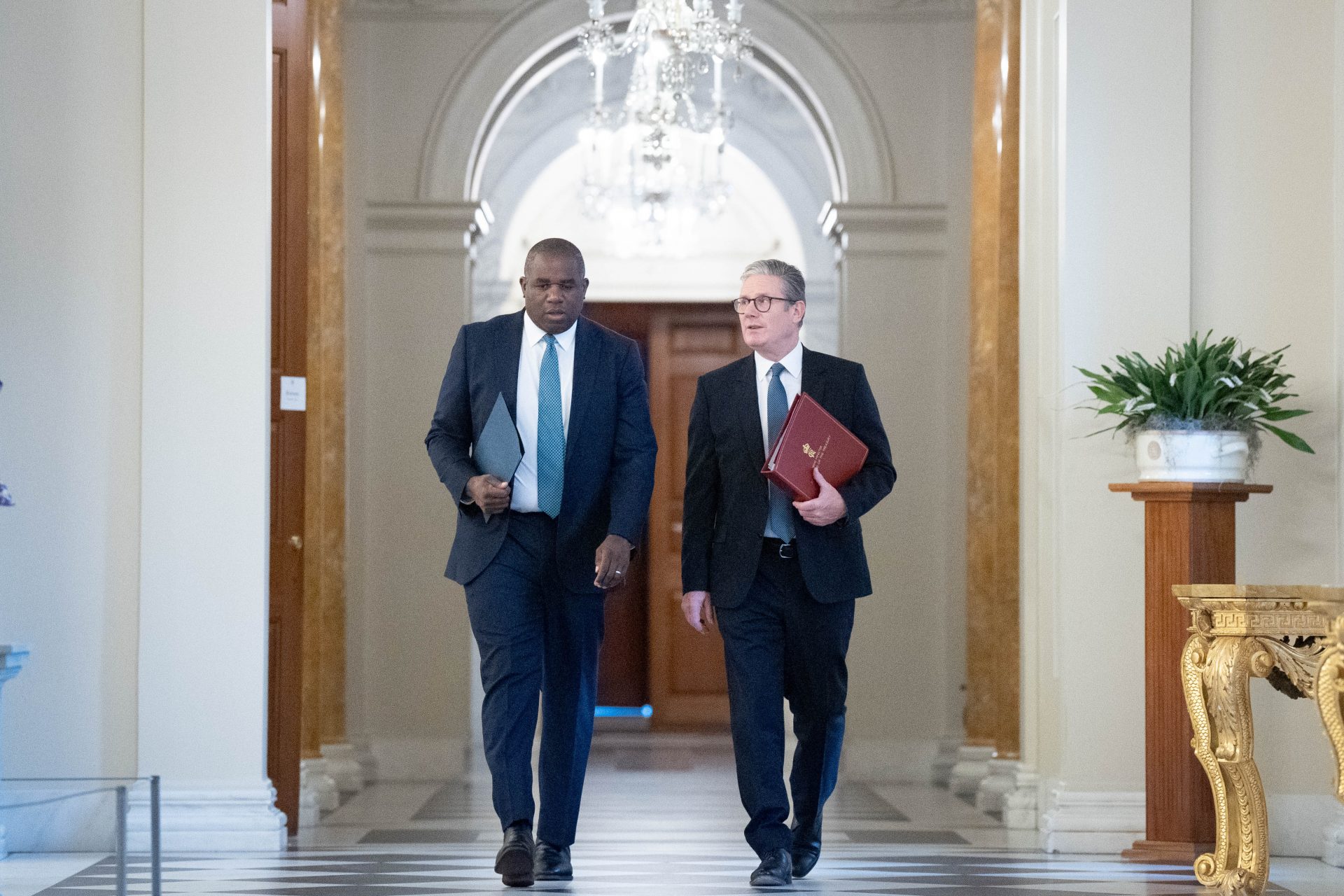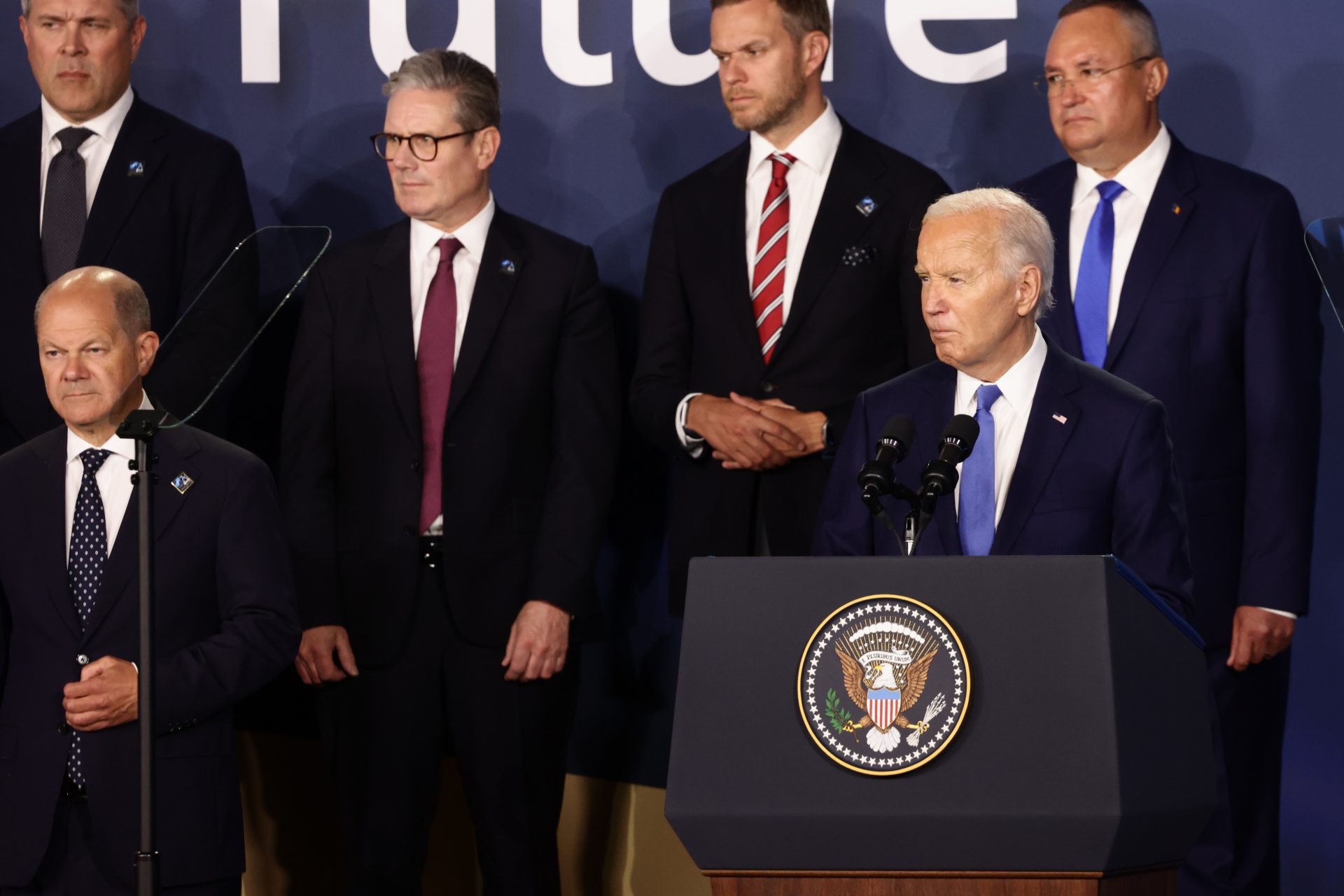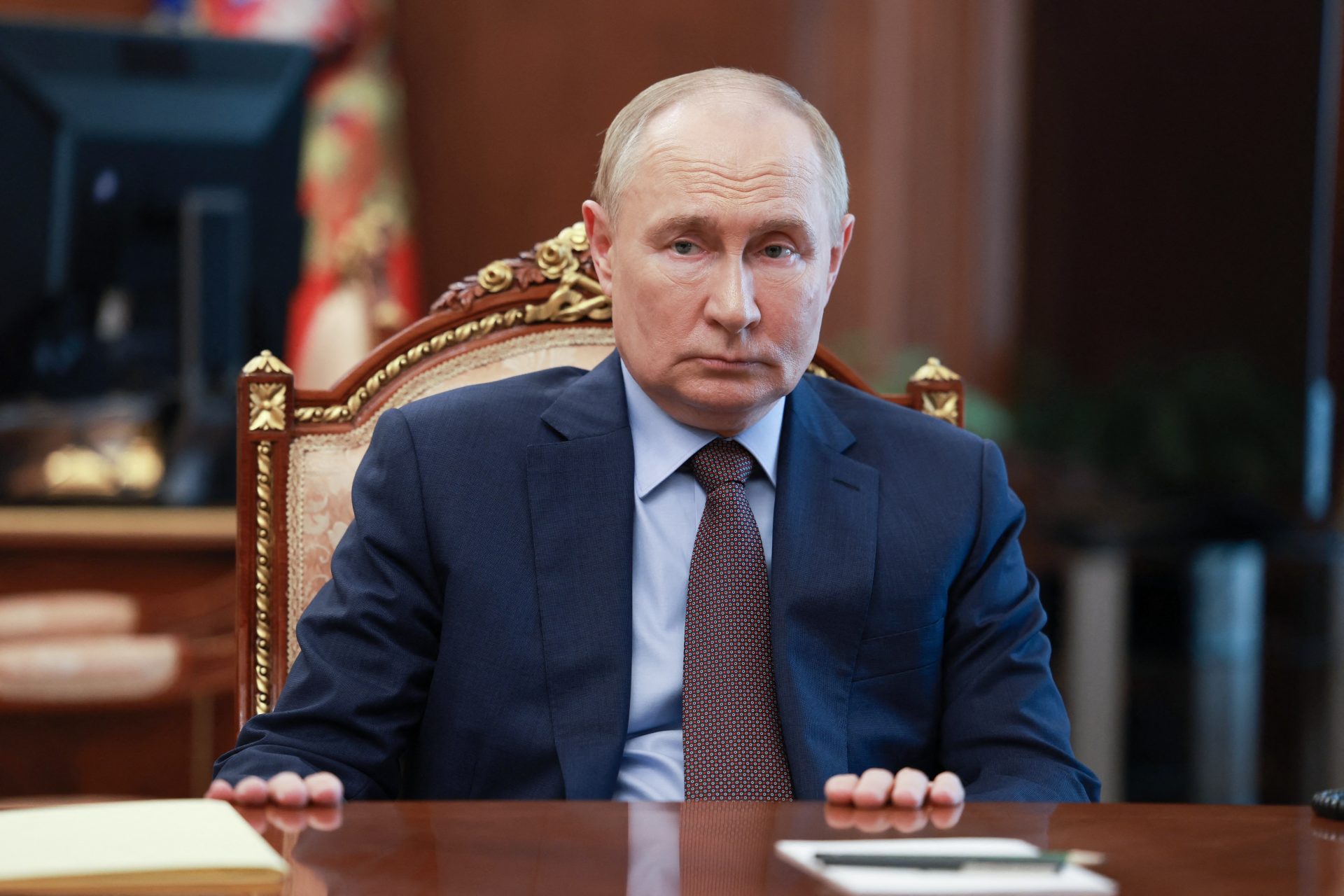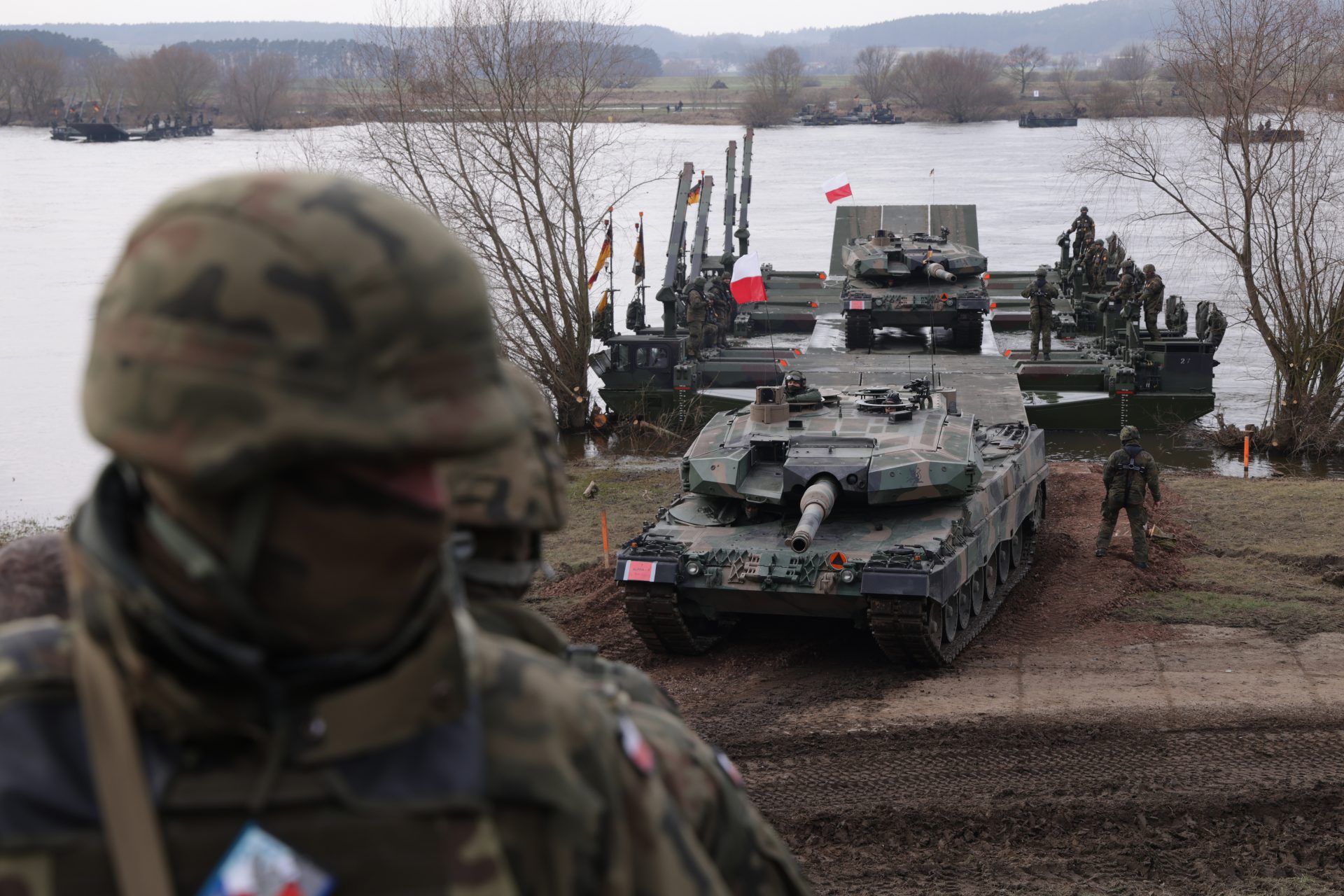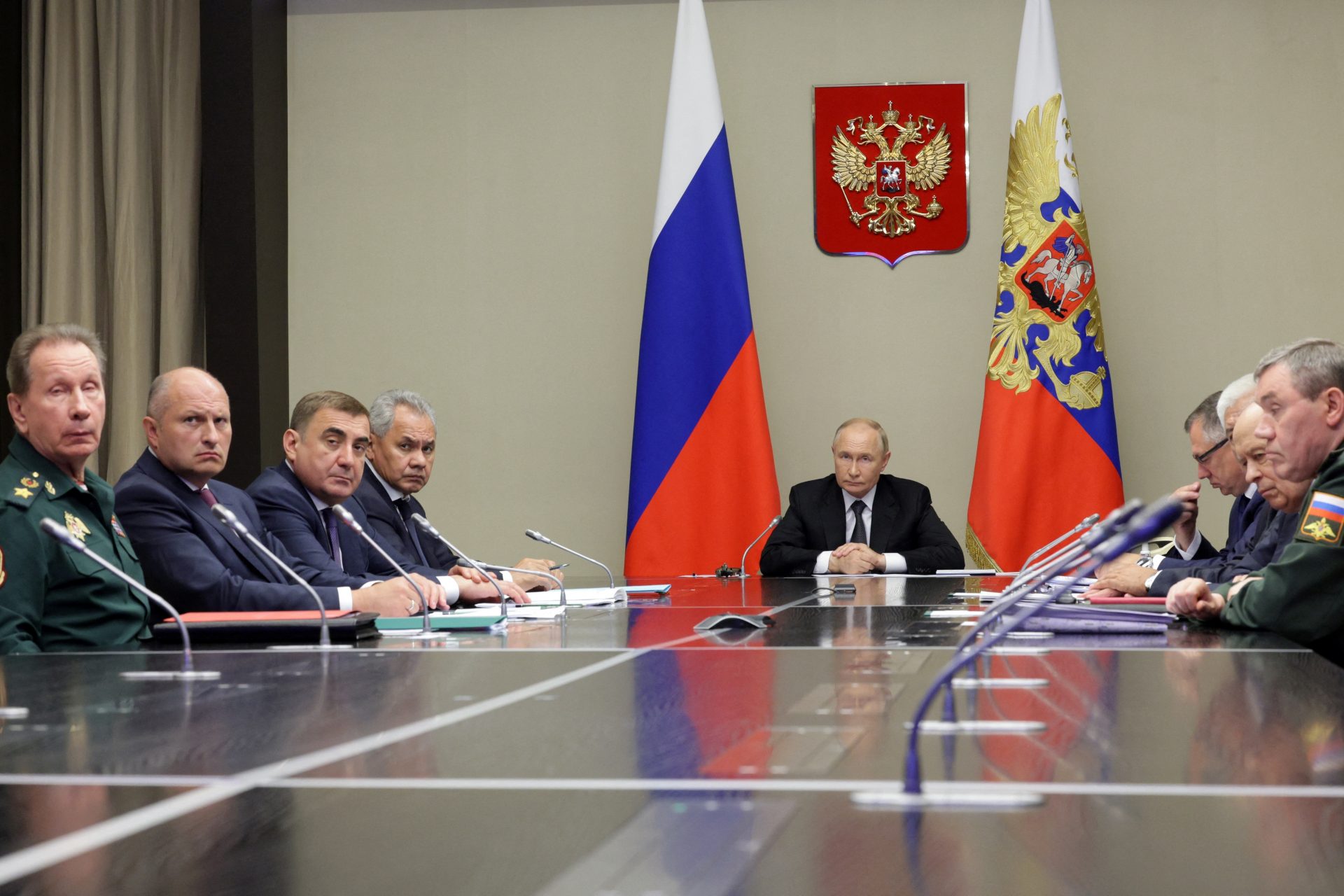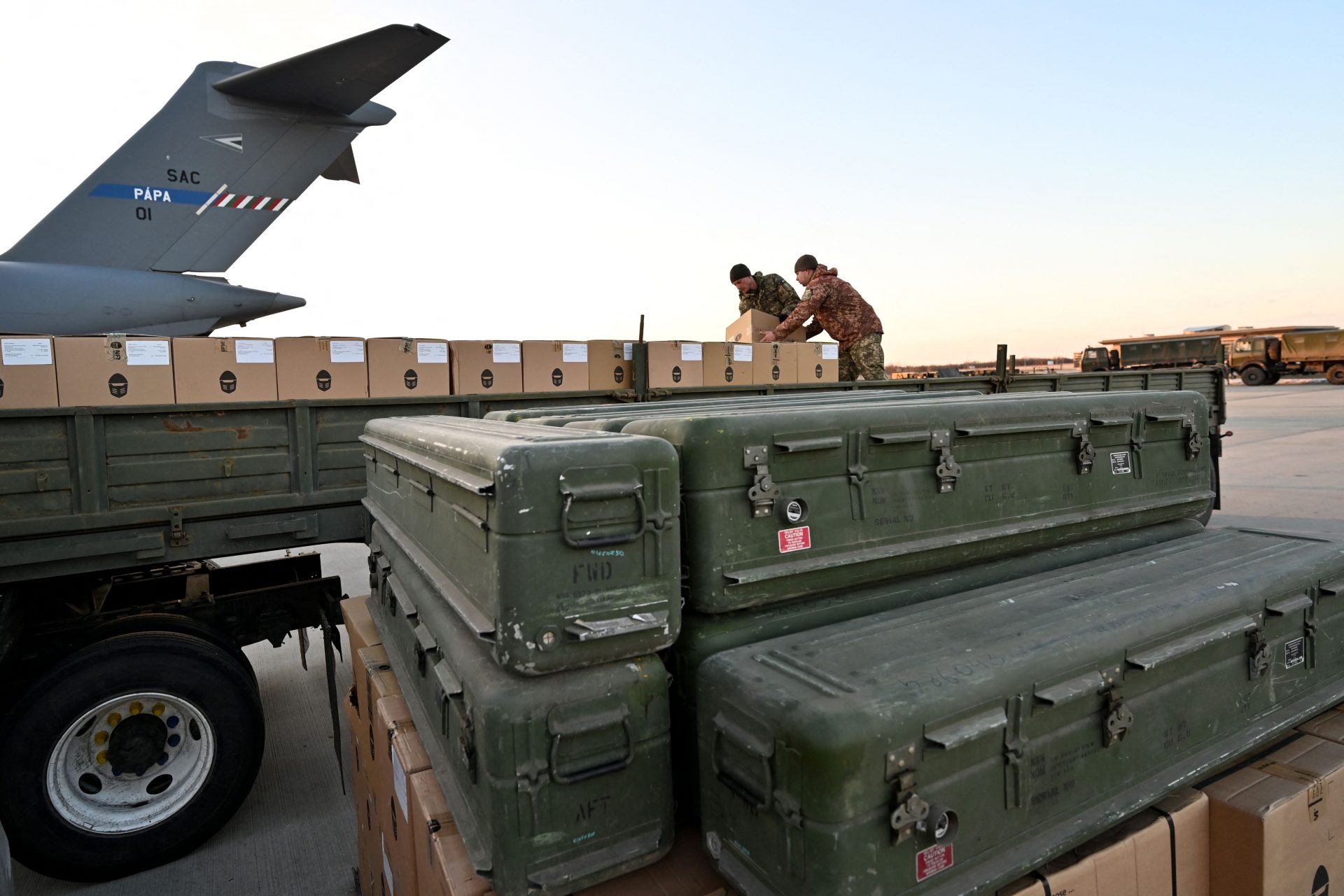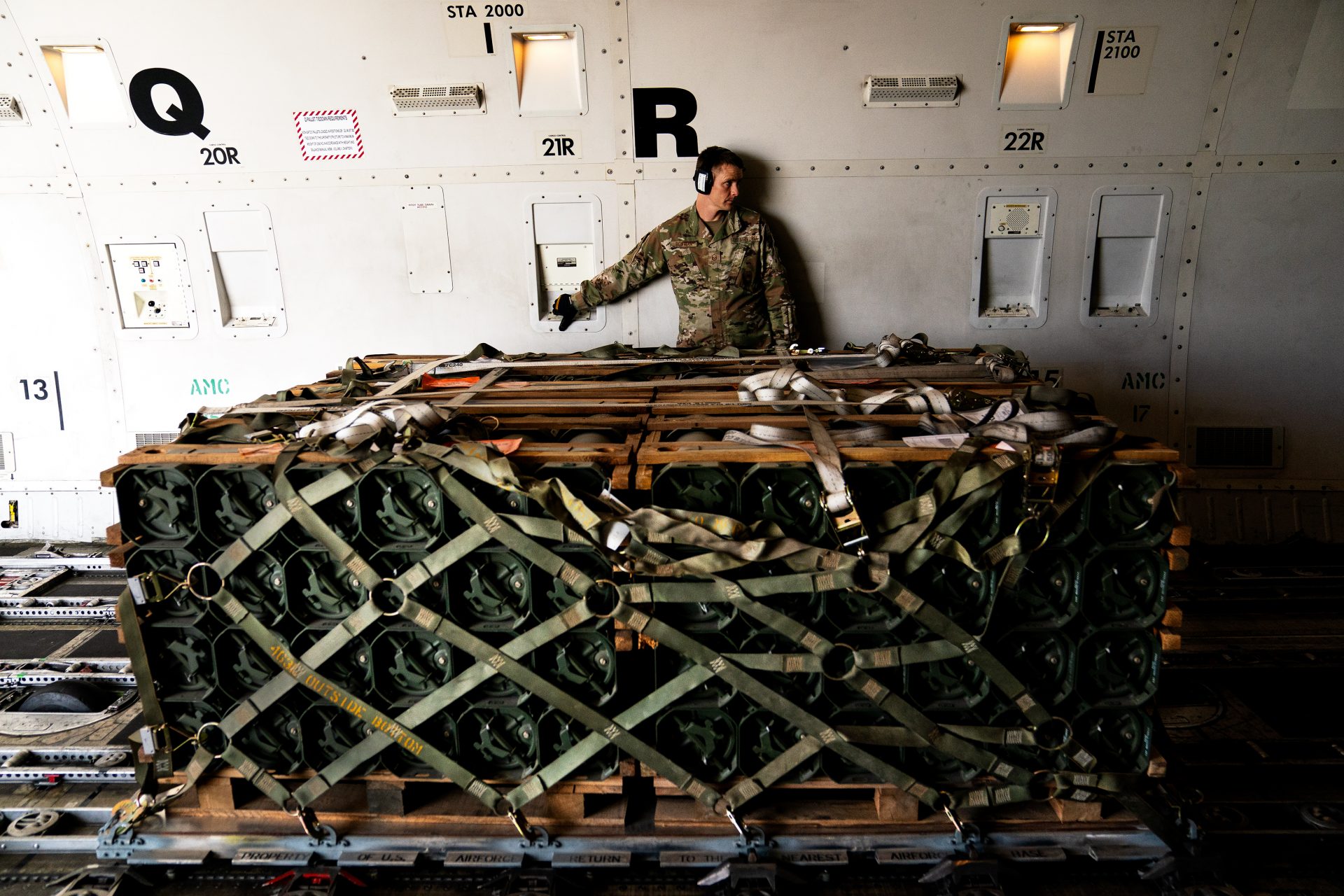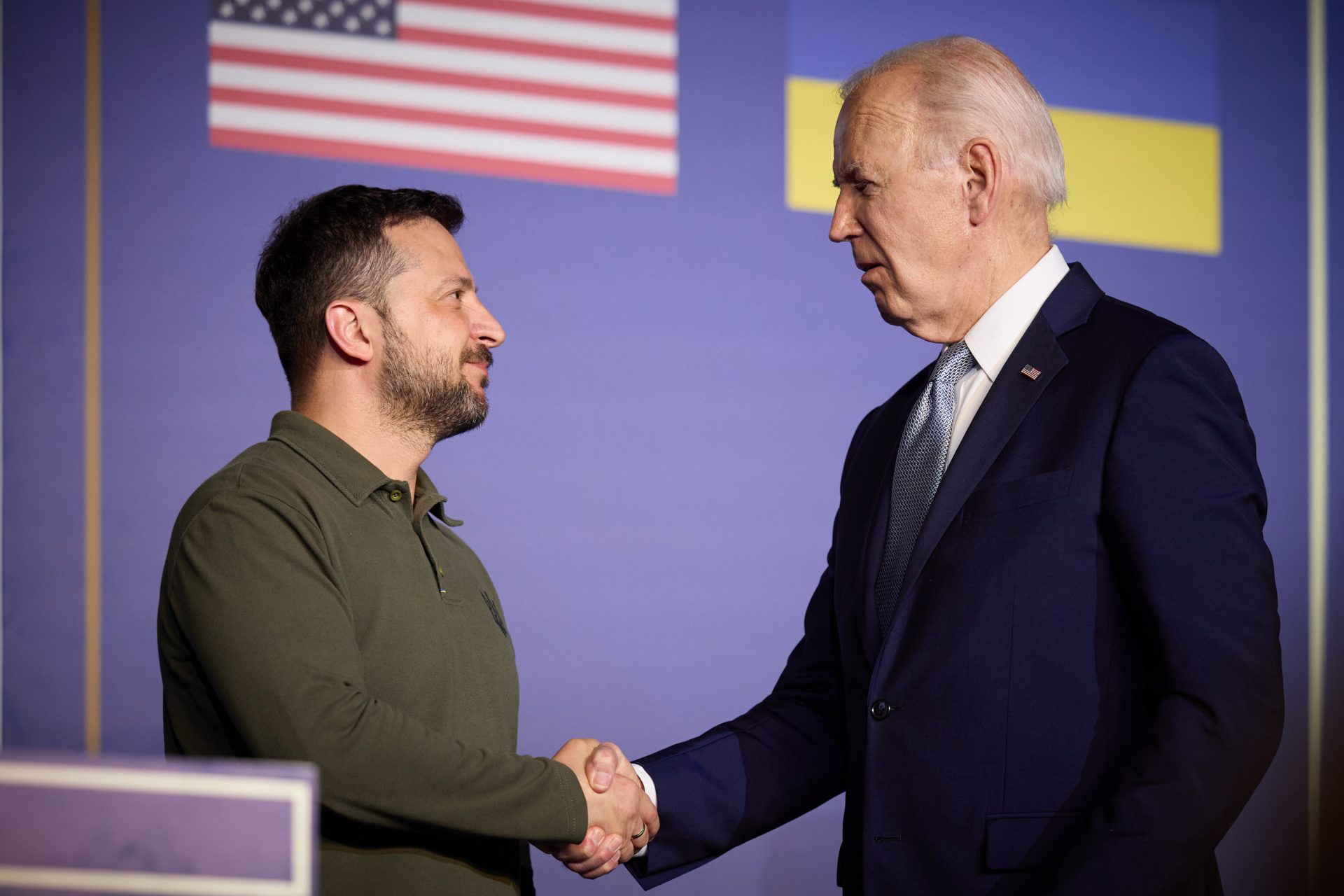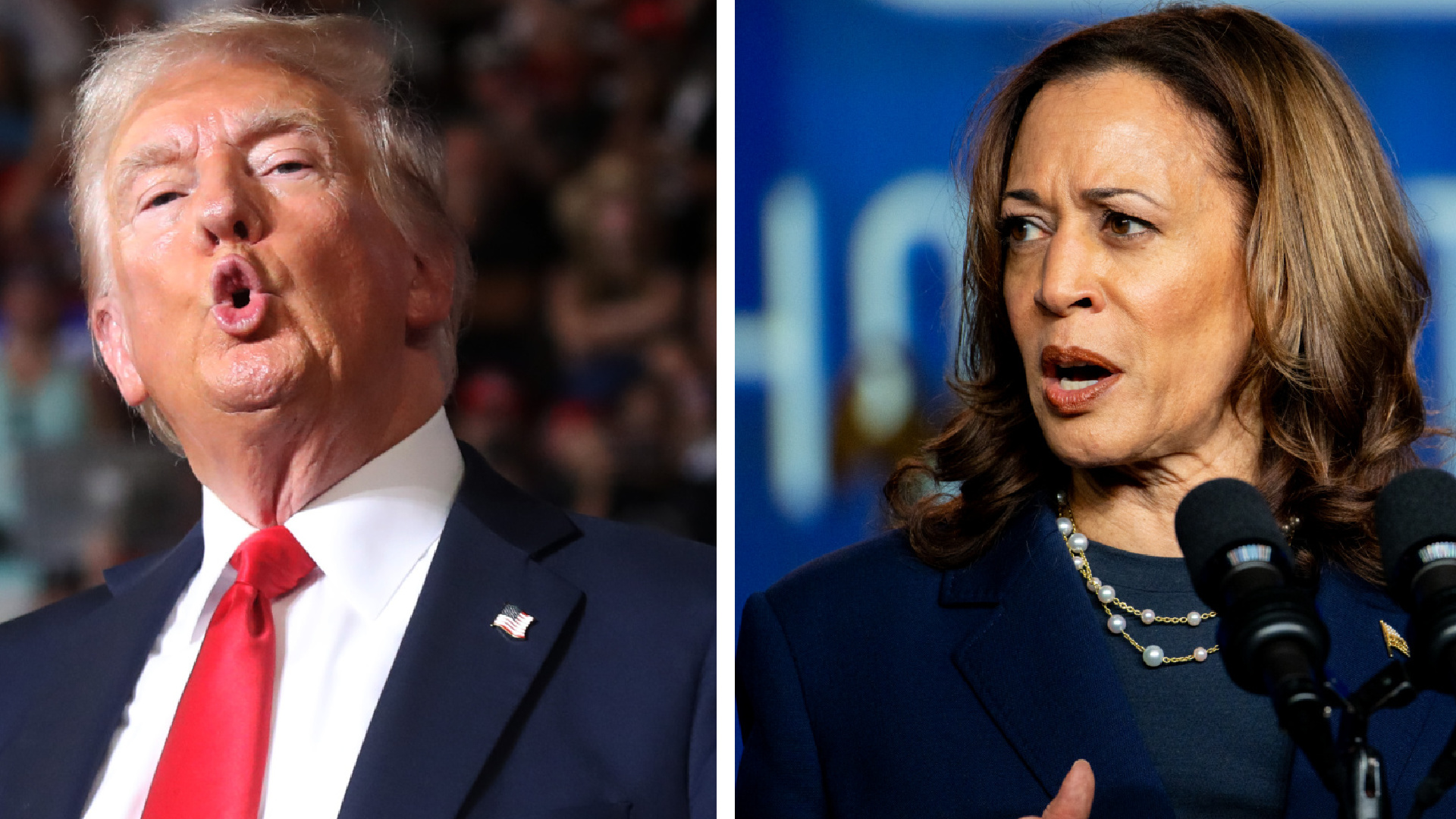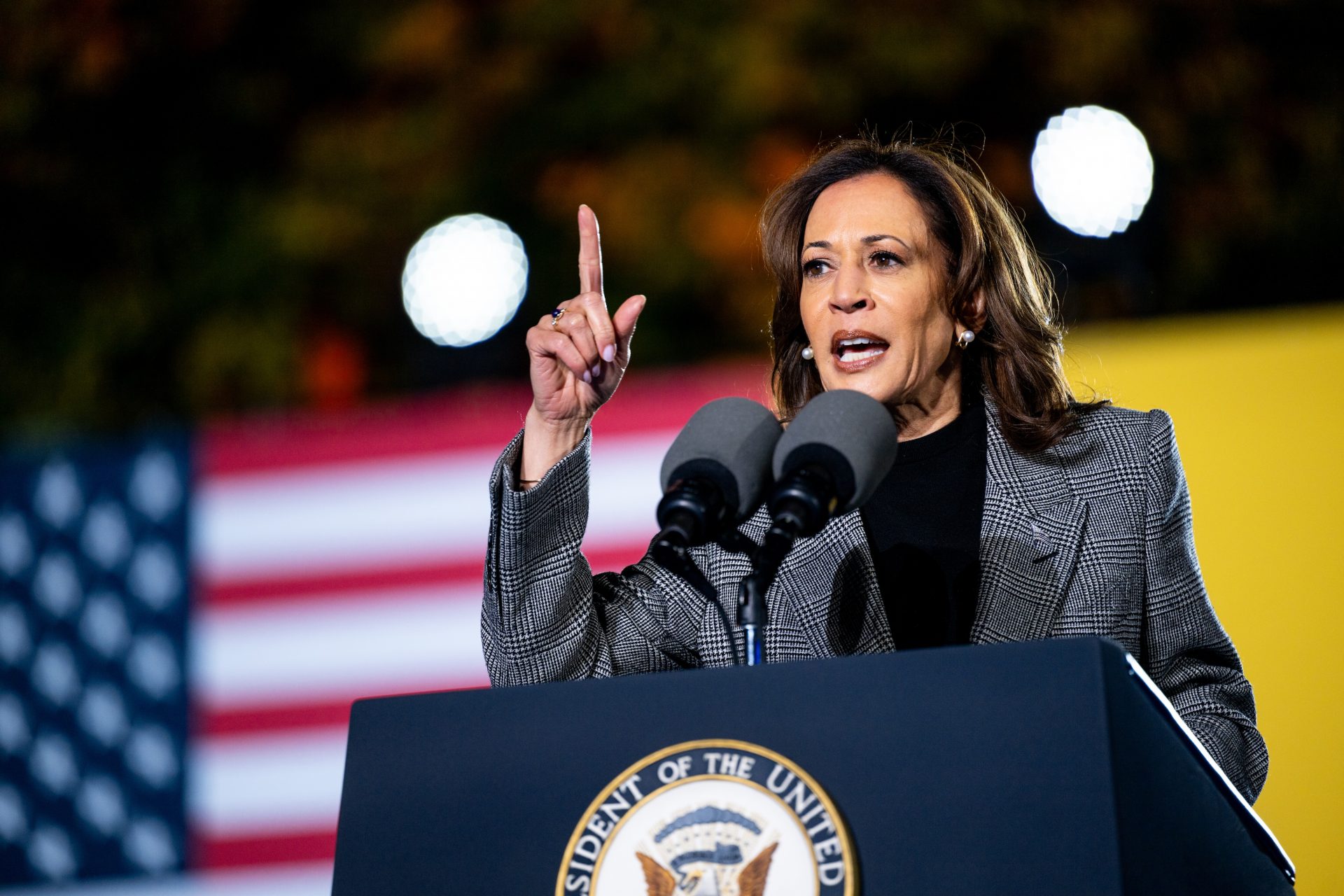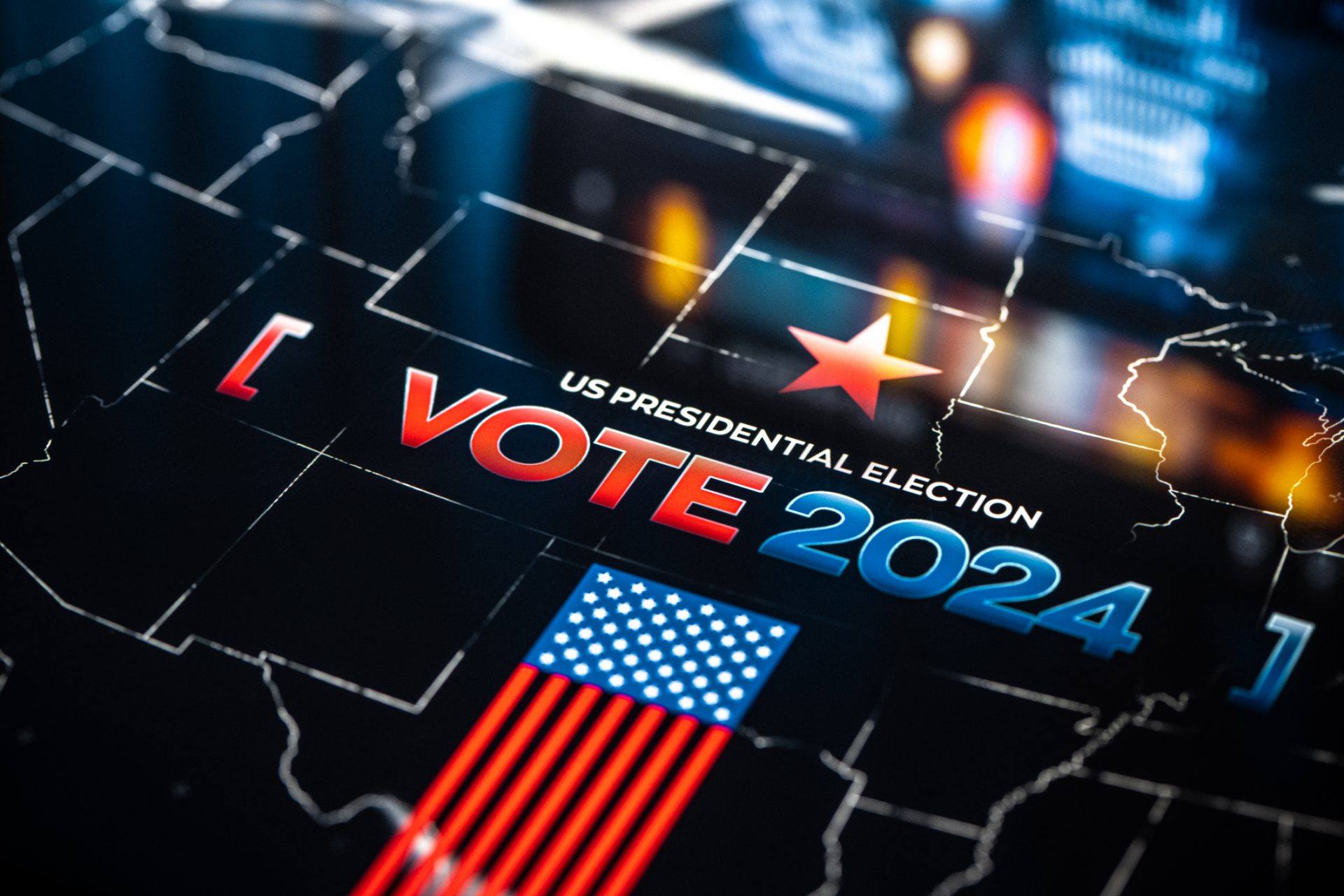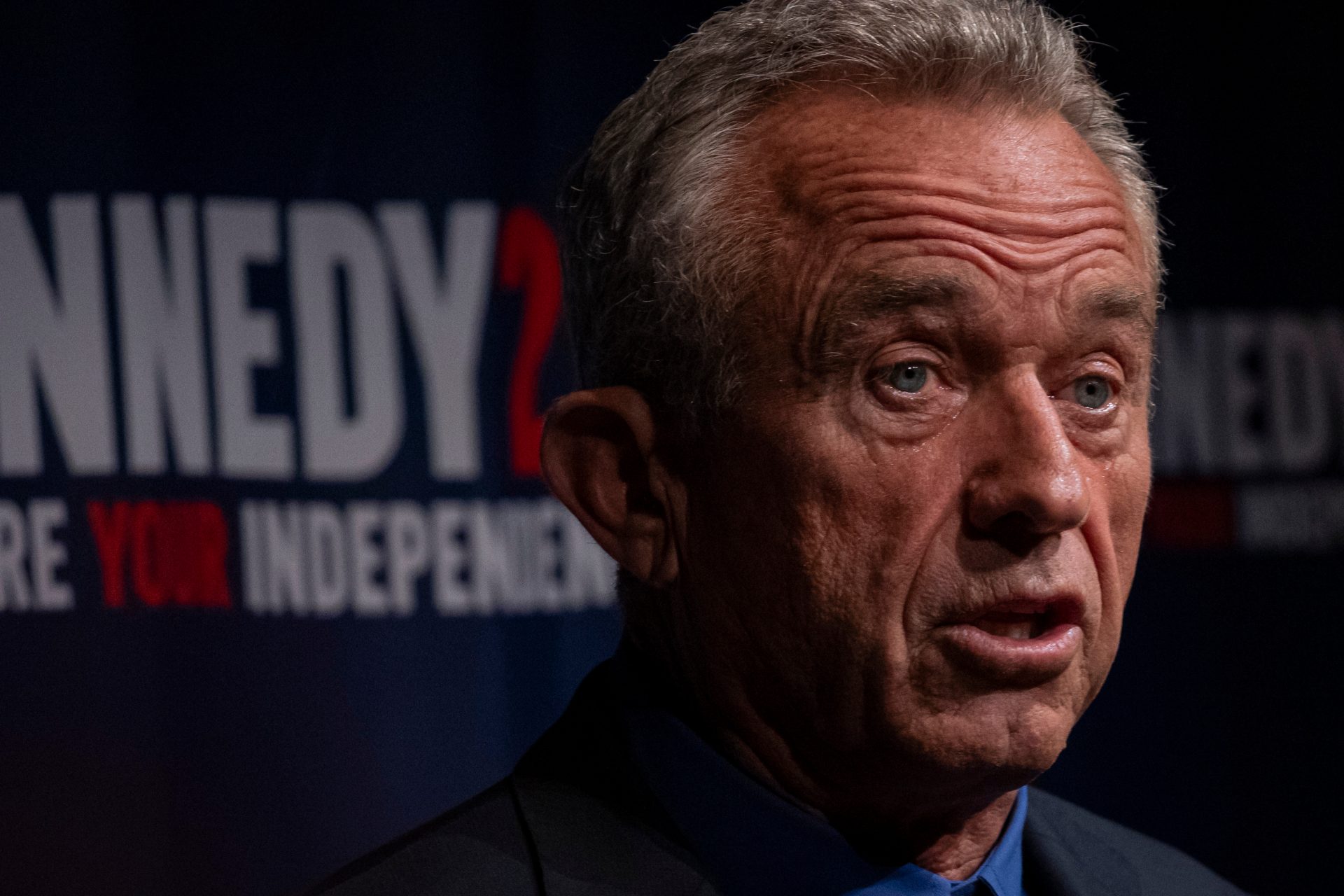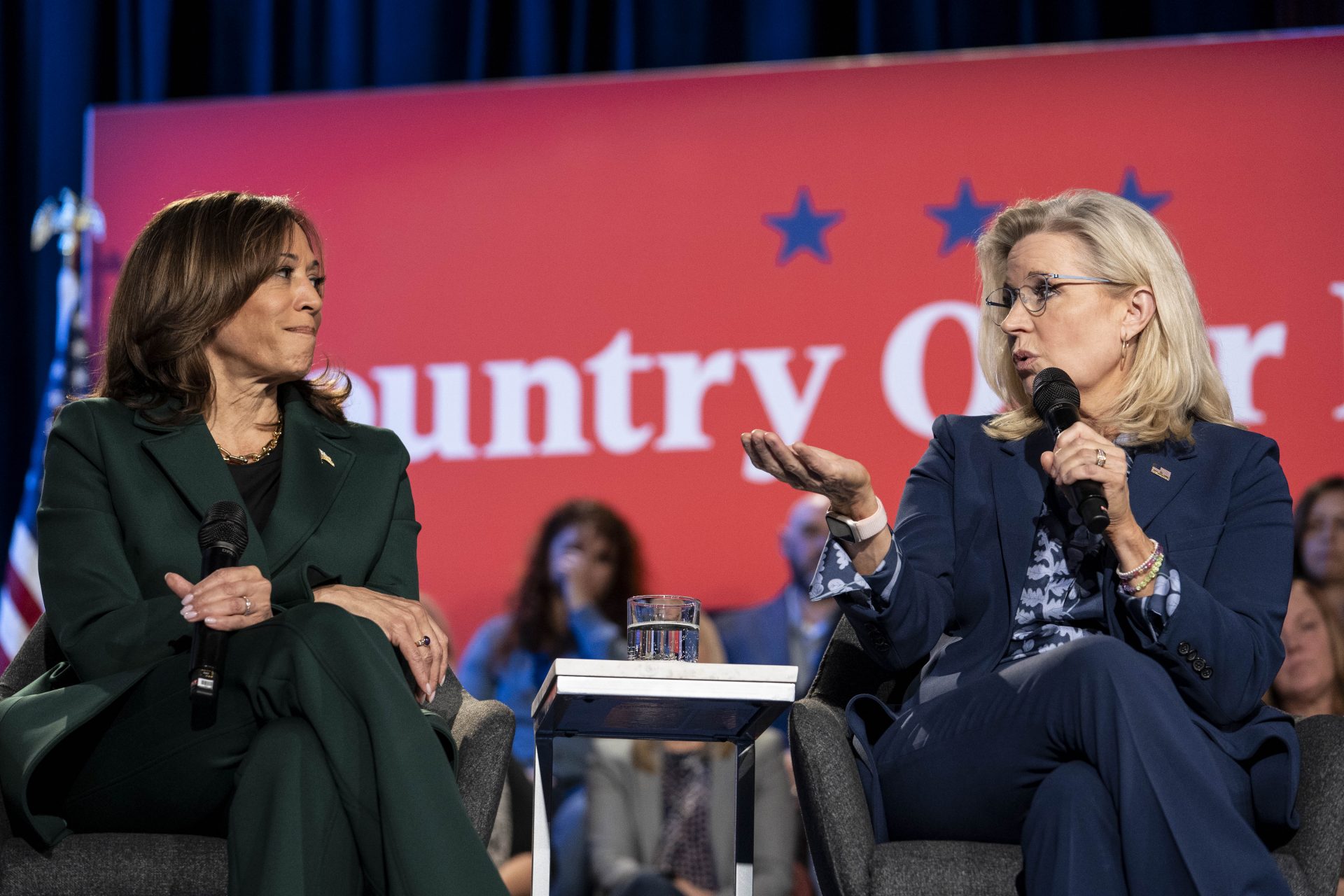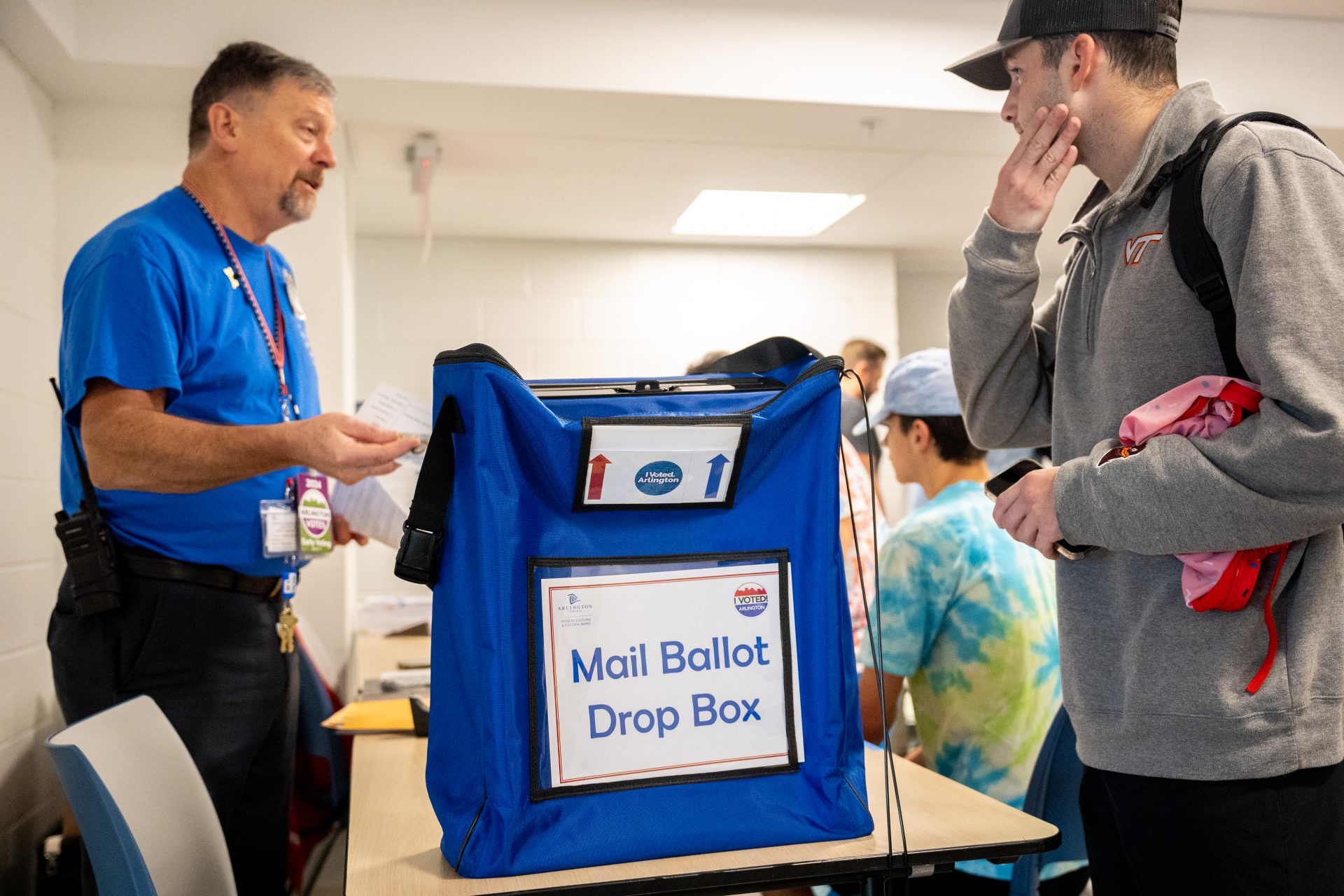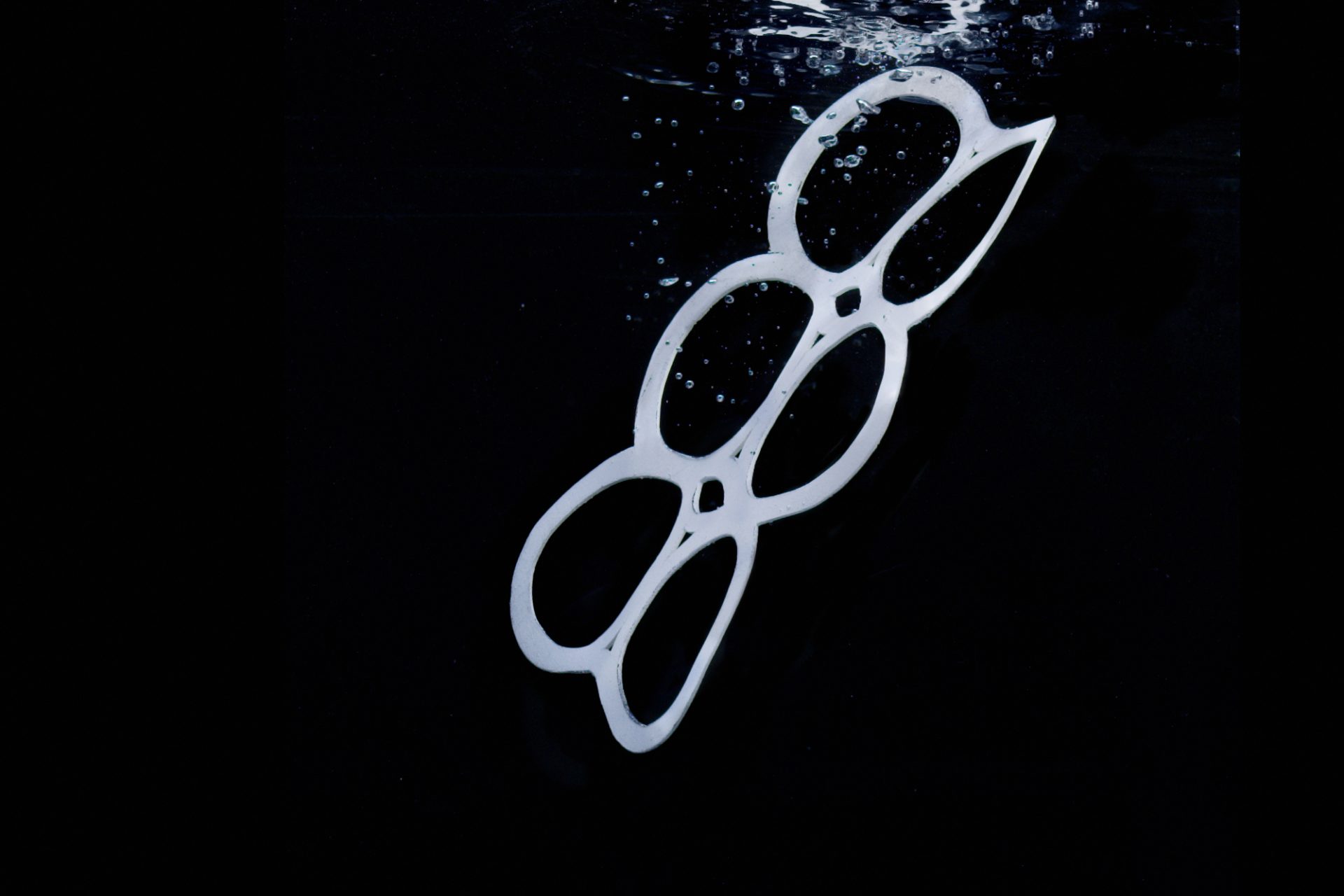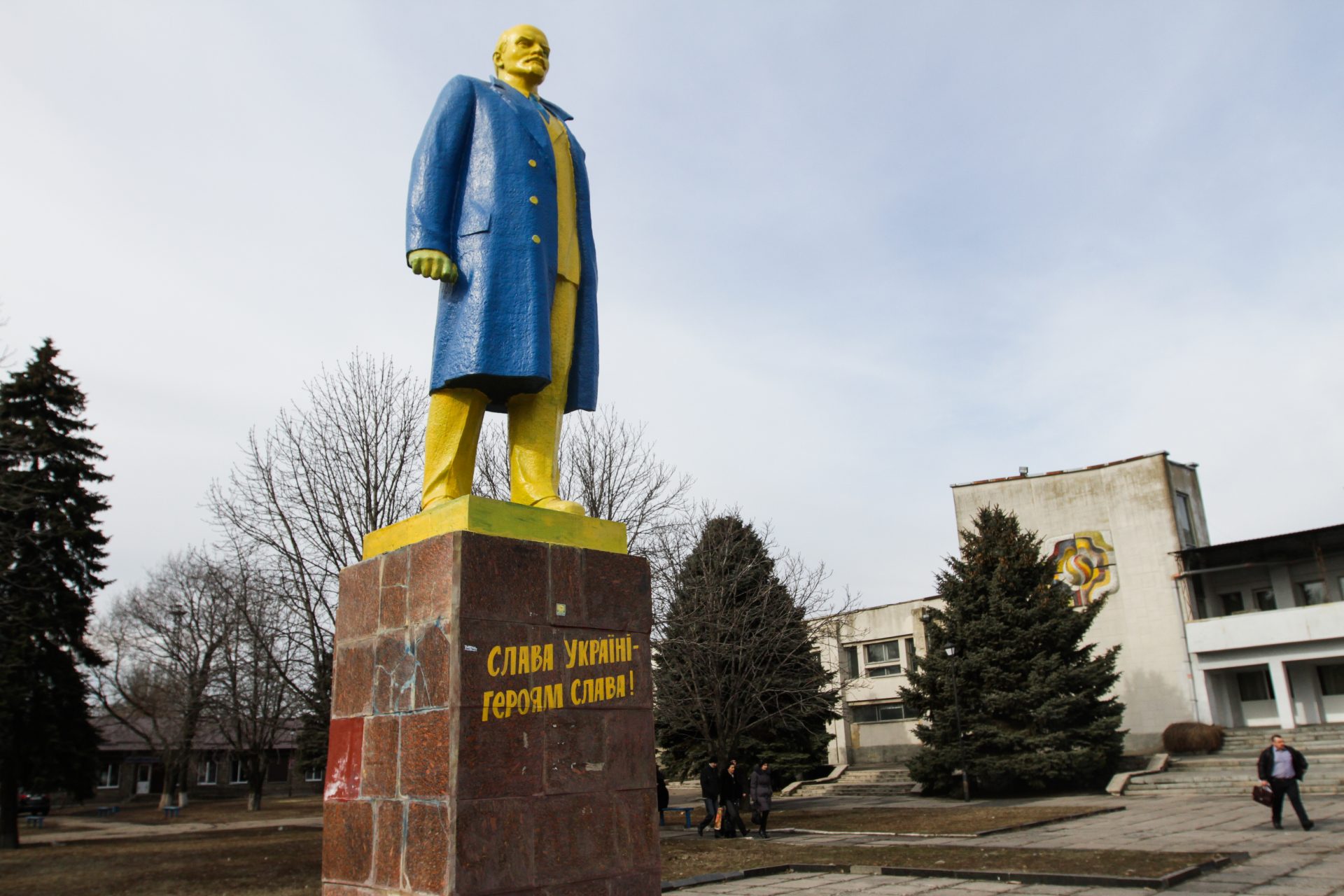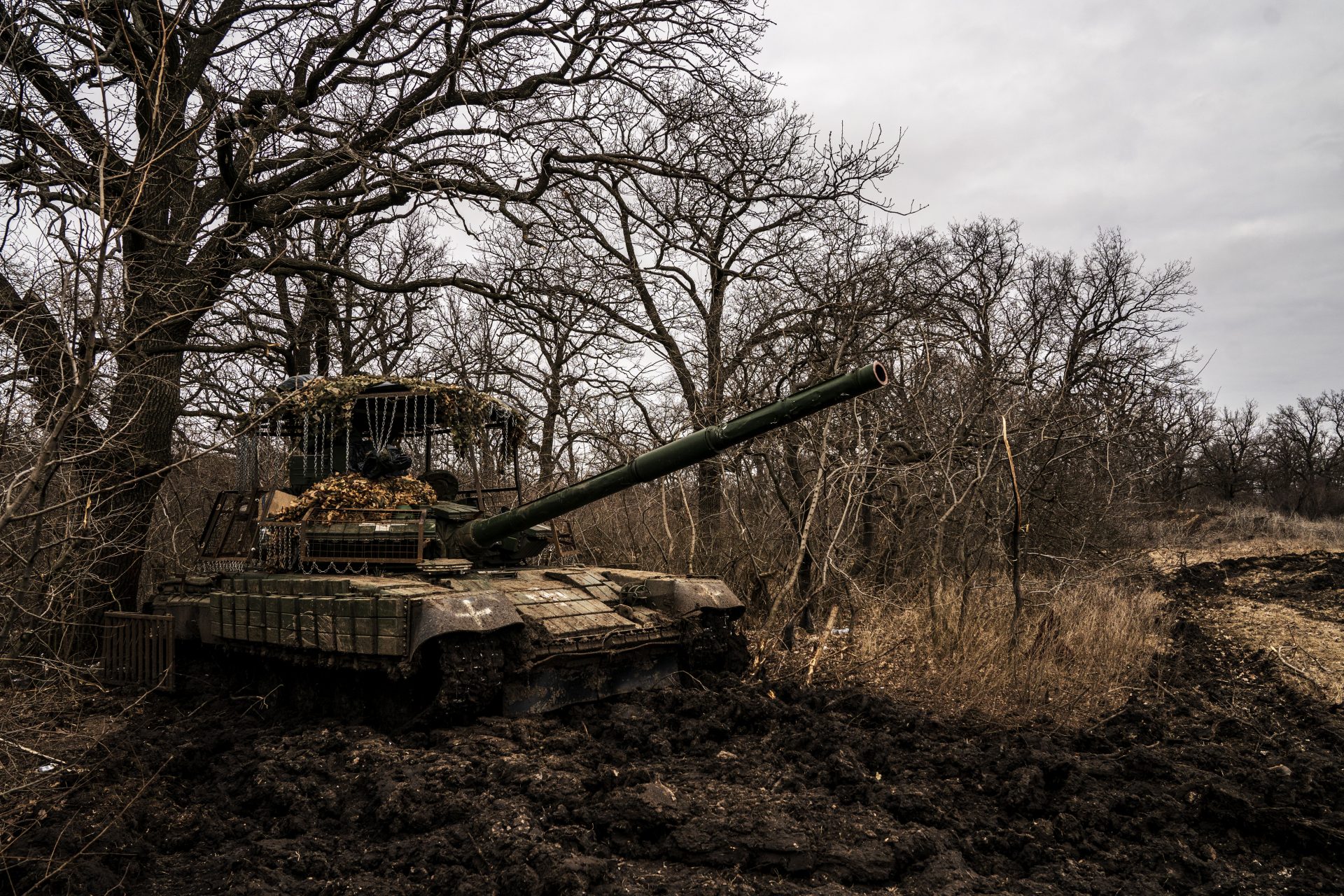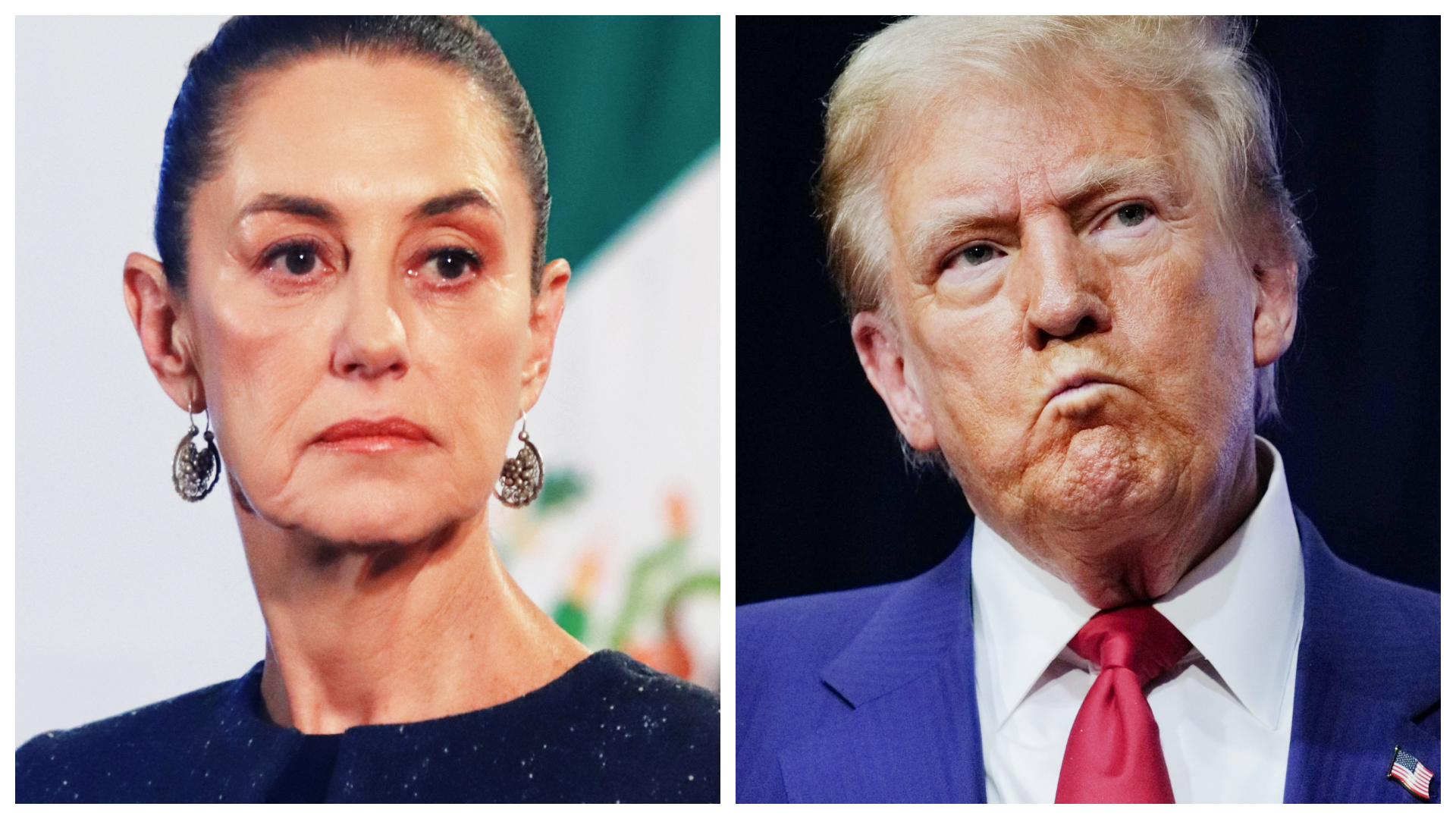Biden to spend remaining time in an office setting Ukraine up for success
President Joe Biden only has a few more months left in the Oval Office before he will pass the reins of government off to his successor, and in the time he has left, Biden plans to put Ukraine in the best position he can according to one advisor.
While speaking to a forum in Kyiv remotely, National Security Advisor Jake Sullivan said that the President planned to use his remaining time in the White House "to put Ukraine in the best possible position to prevail” according to Voice of America.
Sullivan also announced that Biden plans to meet with Ukrainian President Volodymyr in late September while at the U.N. General Assembly in New York so the two can discuss further military and financial assistance aid to Ukraine.
"President Zelenskyy has said that ultimately this war has to end through negotiations, and we need them to be strong in those negotiations," Sullivan said. However, how the Biden administration can help Kyiv in this regard is still up for debate.
With roughly four months remaining in Biden’s presidency, it is unclear if he will have the political backing to give Ukraine what it needs to succeed: more weapons and relaxed restrictions. Without extra military aid from its allies, Ukraine may not be able to negotiate the settlement it needs.
During a September 6th meeting in Germany with Ukraine’s allies, Zelensky pushed for more weapons and argued that increasing military pressure on Moscow combined with diplomatic efforts motivate Russia to seek peace according to The New York Times.
"Russia's attempts to draw red lines simply do not work," Zelensky declared during his opening remarks at the meeting according to The Kyiv Independent. "We need to have long-range capabilities... so Russia is motivated to seek peace," he added.
Biden has yet to allow Ukraine to use American long-range weapons on targets inside of Russia. However, reports have recently emerged suggesting Biden was considering allowing British-made Storm Shadow cruise missiles to be used on long-range targets.
As of September 14th, Kyiv Post reported the United States and the United Kingdom had opted to postpone their decision on using Storm Shadow missiles on targets in Russia following a meeting between UK Prime Minister Keir Starmer and Biden.
Kyiv Post noted that the UK had “recently said it would like to allow Ukraine to use its Storm Shadow missiles, but since many of the components are US-made, they would need a green light from Washington to do so.”
Biden’s caution on the use of long-range missiles on Russia may have won out after Russian President Vladimir Putin publicly warned that lifting restrictions on the use of long-range missiles would put NATO at war with the Russian Federation.
“This will mean that NATO countries – the United States and European countries – are at war with Russia,” Putin told reporters on September 12th according to CNN.
“And if this is the case, then, bearing in mind the change in the essence of the conflict, we will make appropriate decisions in response to the threats that will be posed to us,” Putin added.
If the use of long-range weapons against Russia is off the table for now, that leaves additional assistance in the form of weapons as one of the only options left for the U.S. to help Ukraine before Biden leaves office, but this also has its issues.
Unfortunately for the Ukrainians, it isn’t an unwillingness on the part of the Americans to provide them with the security assistance they need according to Sullivan, who noted in his comments that it was “difficult and complicated” logistics delaying further aid.
"It's not a matter of political will," Sullivan stated. "But given what Ukraine is up against, we've got to do more, and we've got to do better,” he added. However, time is quickly running out for the Biden administration’s role in providing further assistance to Ukraine.
Kyiv is currently in a winner-take-all situation as the U.S. election approaches. Biden will be replaced by Kamala Harris, who has indicated that she would continue assistance to Ukraine, or Donald Trump, who has been far more ambiguous on the Ukraine aid.
More for you
Top Stories



